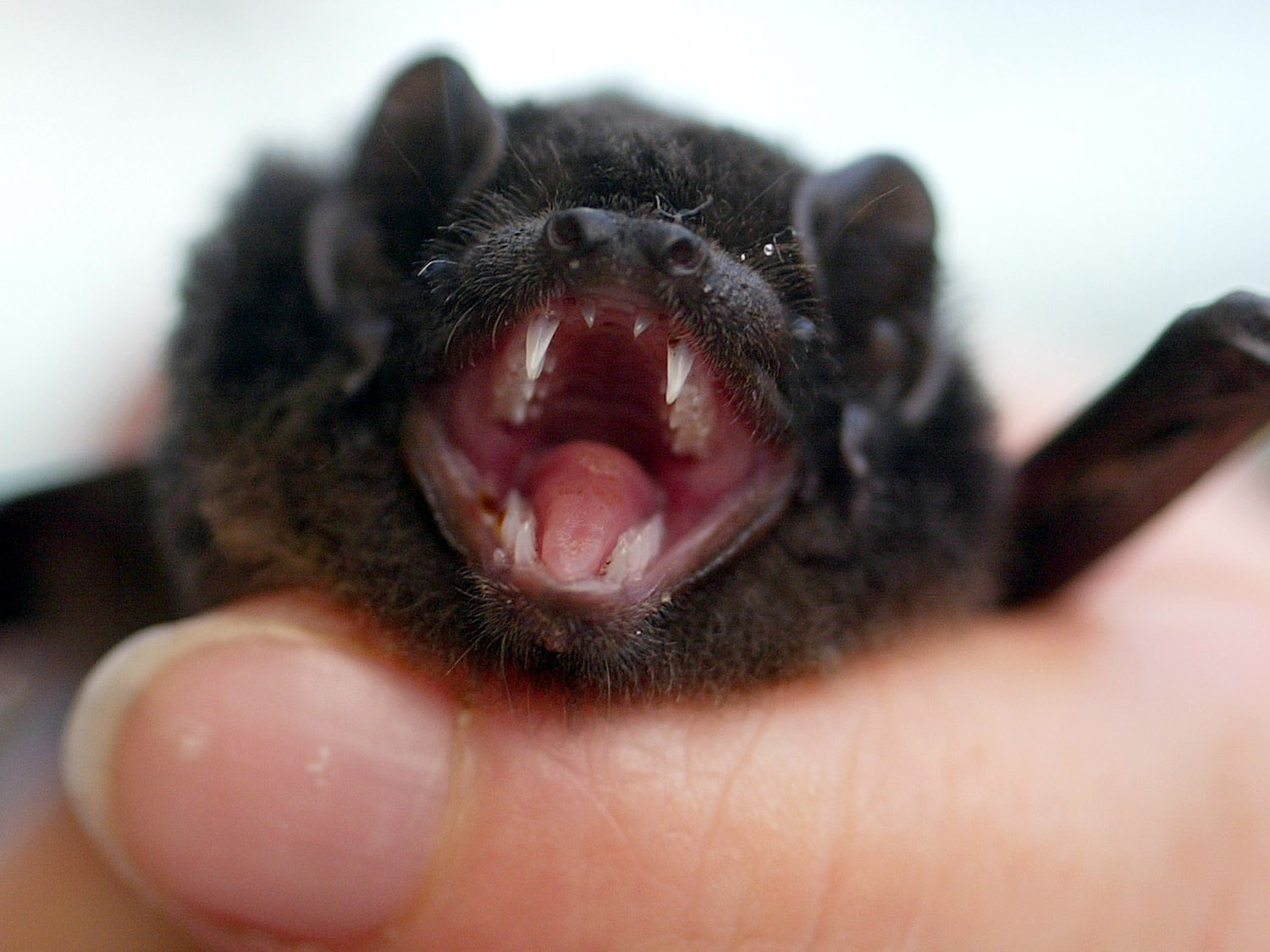SPOKANE, Wash. - Washington State Public Health Laboratories confirmed Wednesday that a bat, which bit a child on July 4 at Liberty Lake Regional Park, tested positive for rabies.
Officials said the child and the mother, who was not bit, had contact with the bat and are both receiving vaccines for rabies. Health experts told KREM 2 News this is the first case of a rabid bat in Spokane County in 18 years.
"I've actually liked bats if they're in a cage," said seven-year-old Jaleigh Bryan who was bitten by the bat.
Jaleigh and her mom, Jennifer, were scouting out critters at Liberty Lake Regional Park when something caught Jennifer's attention. A bystander pointed out a bat in a tree.
The bat then flew off. They said everything was okay until out of nowhere Jaleigh started screaming.
Jennifer said that when she looked at her daughter, the bat had attached itself to Jaleigh's thigh.
"It didn't want to come off. Its fangs wouldn't come off," said Jennifer. "Its little talons and legs came off pretty easily, but his teeth would not let go."
After several heart-pounding seconds, the bat finally flew away. A nearby group of people had captured the bat and Jennifer knew she had to keep the bat as evidence. She then took Jaleigh to the doctor to be treated for the bite.
Health experts told Jennifer that Jaleigh will need to get painful rabies shots every week for the next month.
Officials said time is of the essence when attempting to prevent rabies following exposure.
The location of the incident was near the marshy area on the south side of the park's designated swimming beach, authorities said.
The bat was captured by a separate group at a nearby picnic table, officials said.
Though they do not believe that group had contact with the bat, as a precaution, health officials are urging them to contact Spokane Regional Health District's Zoonotic Disease Program at 509-324-1560 extension 7.
Officials said anyone at the park between 3:00 p.m. and 6:00 p.m. on July 4, who may have had contact with a bat, should also contact the Zoonotic Disease staff.
"We are being cautious in making absolutely sure that no one was potentially exposed to this bat," said Dr. Joel McCullough, a SRHD health officer.
"If a person did not have direct contact with the bat, he or she is not at risk for rabies."
The primary animals that carry rabies in the northwest United States are bats, but less than 1 percent of all bats in the wild are infected with rabies, officials said. Rabid bats have been found in almost every county in Washington. Health officials said this is the first report of a rabid bat in Spokane County since 2007.
This recent situation prompted public health officials to warn people across the county to take precautions around bats. Officials said preventing rabies is as simple as avoiding contact with wild animals, educating those at risk, and ensuring adequate pet vaccination and supervision.
"Although most bats are harmless and do not carry rabies, people should never handle live or dead bats," Dr. McCullough said.
"To protect yourself and your loved ones, your safest bet is to simply presume that every bat is rabid."
Health officials said if you come in contact with a bat you should wash any bite or wound with soap or water. They also said you should immediately call the Zoonotic Disease program, and their own doctor as well.


